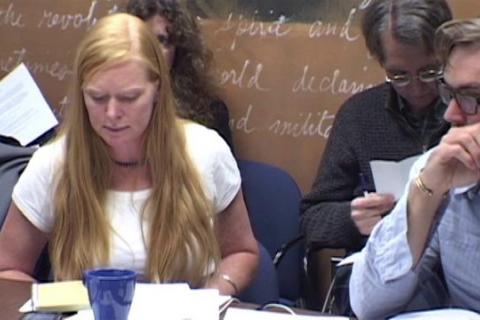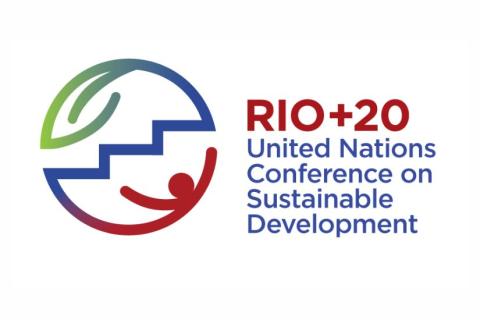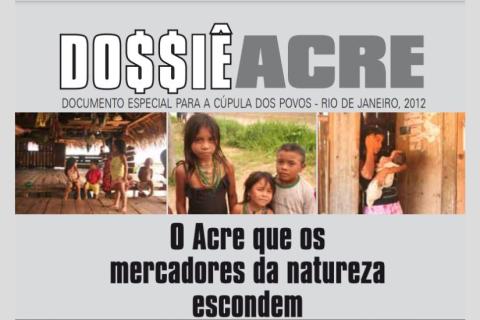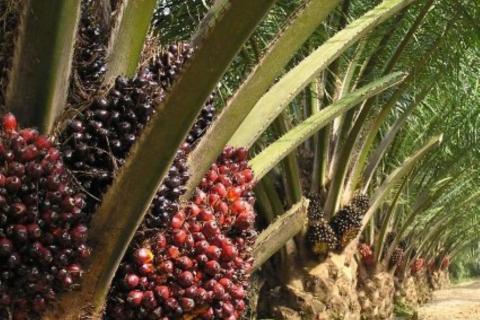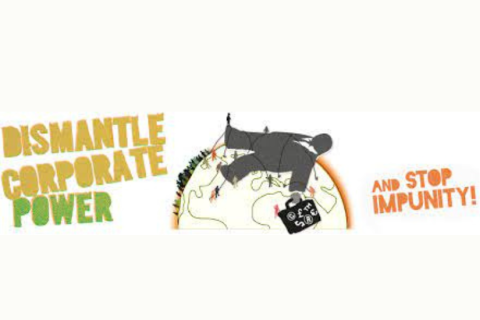With an increasing global demand for natural rubber in the past few years, large-scale rubber plantations in Laos are expanding, causing conflicts with local communities in a country where, in early 1990s, it was widely accepted as well as referred by scholars and people who study about Laos that about 80% of the Laos people relied directly on the forest – including the river - for their physical, cultural and spiritual well-being.
Bulletin articles
Timber Plantation concessions are a model of forest exploitation conducted by corporations in Indonesia. More than 9 million hectares of timber plantation concessions have already been awarded by the Ministry of Forestry, though not all of these concessions are used for timber plantations. Up to 2011, less than half of the total area of timber plantation licenses was being managed by the license holder corporation.
The area planted with oil palm trees in Brazil used to be relatively small as compared to other countries producing this plant in Latin America. However, big transnational companies in Brazil like Vale and Petrobrás have revealed the rapid expansion of these plantations meant for the production of biofuels, in the Amazon region, mainly in the State of Pará.
The results of a research study carried out in different region, in 2010, by the Association of Forest Engineers for Native Forests were published last July. This Independent Forestry Monitoring led to a report on the environmental and social impacts caused by large scale tree plantations established by the company Anchile Ltda., and formal complaints were filed at the National Forestry Corporation (“Corporación Nacional Forestal” – CONAF), a body that is part of the Ministry of Agriculture.
The Quebrada de los Cuervos canyon, located in the mountains of the Treinta y Tres District, was the first area to be registered as one of Uruguay's National Protected Areas (2008) for its rich landscape, its biodiversity and because it is representative of native ecosystems. Made up of grasslands, canyon bottom forests, gallery forests and creeks, this area is a biological corridor for a variety of species of flora and fauna.
Today, speculative financial markets have gained increasing power over the economy and life, in a response to the capitalist crisis that began in the 1970s.
It was on August 16 last year that we lost Ricardo Carrere, the international coordinator of the World Rainforest Movement (WRM) for 15 years.
Finan-what?
The term “financialization” may sound overly complex and academic, or perhaps even made up. It could lead some people to ask, finan-what? However, it is increasingly being used in civil society debates and reflections, particularly with regard to the growing financial speculation tied to the goods and components of nature, including forests, which are of fundamental importance not only for the lives of local communities, but for the entire planet.
During the Rio+20 summit, incidents related to the event itself, such as the expulsion of a Mozambican activist, and the daily reality faced by the local population, who suffer at the hands of the big corporations sponsoring the official conference, demonstrated that corporate power has no limits.
Those who were in Rio de Janeiro between June 15 and 23 were able to observe three parallel and different but interconnected processes. The first process, a closed one, was the Conference on Sustainable Development better known as Rio+20, which took place in Riocentro, a conference centre far from the city centre and heavily protected by thousands of police officers and armed forces.
The Philippine A. Brown Company, Inc. is engaged in the business of oil palm plantation development and milling. In 2010, the company started planting oil palm on 520 hectares of public land claimed by the Higaonon indigenous people.
As part of the People's Summit during Rio +20 a Global Campaign Against Transnationals was launched, under the slogan “Dismantle Corporate Power and put an end to impunity”. The campaign aims to unite hundreds of campaigns, networks and social movements and organizations that are fighting against the impacts of transnational corporations on human rights, nature and the planet.

